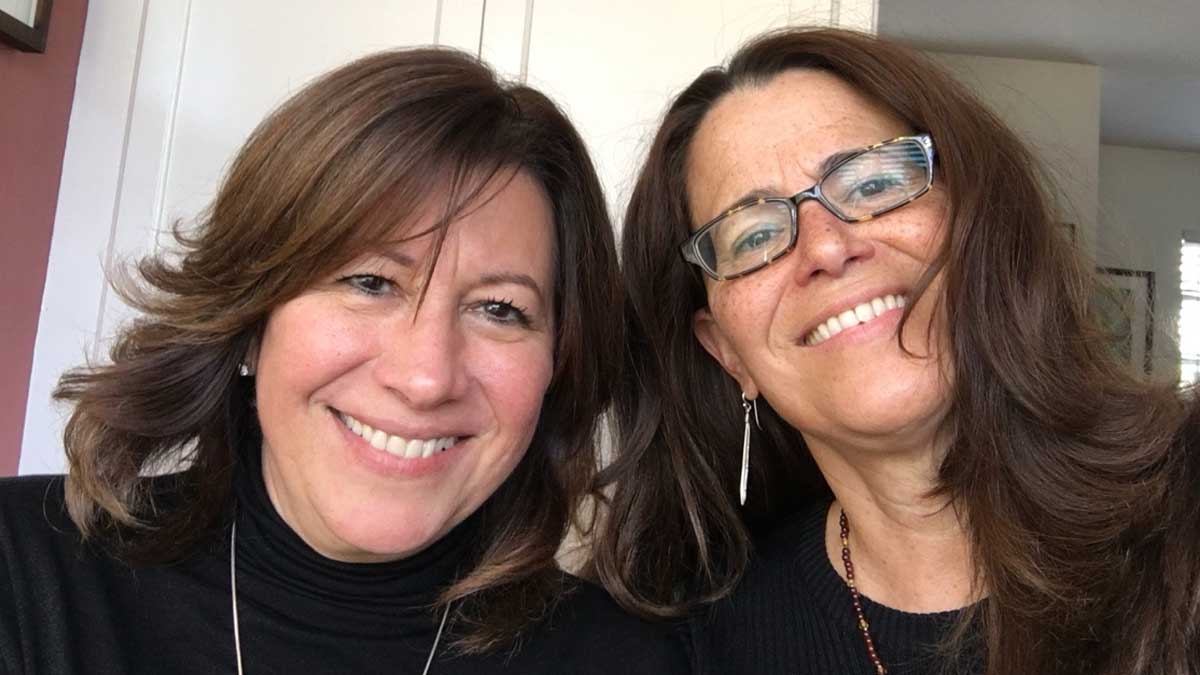
A critical look inside ‘the back room’
A Critical Look Inside ‘The Back Room’
by Nora Drake
If you’ve spent even five minutes on any social media platform, you have probably stumbled upon hateful comments and rhetoric. They permeate the internet landscape, with 52% of adults reporting that they have been harassed online, according to some studies.
UC Santa Barbara undergraduates now have a class to help them process some of the troublesome issues related to those divisive and derogatory comments: Perspectives on Online Hate Speech. This upper-division communication course delves into the research and theory behind online hate messages, which include racist and sexist postings, harassment and toxicity. Students dissect online hate as an interactive social process, uncovering what drives it and examining what can and cannot be done to stop it.
“We are interested in the social dynamics involved between the hater and the audience, how audiences respond among themselves and particularly important to me is how haters collude with one another,” says Joe Walther, professor of the course and Mark and Susan Bertelsen Presidential Chair in Technology and Society. “The internet has made it easier to find likeminded individuals, to find people who enjoy this sort of mutual antagonism. I don’t think anyone would argue that what we see now is worse than the atrocities we’ve seen throughout history, but even the worst bigots know to keep their bigotry in the back room. The internet is the back room.”
Walther says that students who take the course come into it with a wealth of prior knowledge of the problem, and that they come ready to analyze the nuances of online spaces. “I think that students come to the class out of intellectual interest but also because, unfortunately, they have a personal experience with this topic,” he says. “The course shows them that it is probably worse than they thought. I show transcripts of what is online, and I think they’re shocked at how horrid it really is.”
Walther continues, “But I also think all of the students come out understanding the topic better, and with a deeper understanding of the tensions between American freedom of speech protections, the constraints of social media to regulate, and the desires of people to offend.”
“...even the worst bigots know to keep their bigotry in the back room. The internet is the back room.”
Carly Armitage, a third-year student double-majoring in dance and communication who took the class last year, confirms Walther’s hunch. “The most interesting thing I learned in this class was about the boundaries of freedom of speech in relation to online hate speech,” she says. “It’s difficult to discern the line of constitutional freedom of speech in an online environment, and whether that line differs from where it stands in a face-toface scenario.”
Armitage says that, as a result of the class, she is now even more aware of how social dynamics play out online. “I think the class helped increase my awareness of how many hateful comments people write on posts,” she says. “It became increasingly obvious to me that there really is harm in the anonymity of comments. I noticed that people are less likely to care that others are harmed by their words when it does not affect people’s perceptions.”
The class encourages students to participate freely in discussions about topics like the social organization of online hate, specific hate collectives and platforms, and how to deter online hate. Walther is also partnering with the California Civil Rights Department Commission on the State of Hate, which was established to strengthen California’s efforts to stop hate and promote mutual respect. Through their work in the class, students have a chance to advocate for social change and promote understanding in our digital society.
“I think it is so important that classes such as these are taught as the internet and social media become increasingly important in our society,” says Armitage. “Being educated about online hate speech will be significant to us and our futures. For one, it increases a general awareness of when it is occurring in online spaces. And it provides context into how we can combat these problems in the future.”
For his part, Walther hopes and believes that his students will be the ones to help combat the scourge of online hate. “I cannot tell you how much I admire the students for the maturity with which they deal with these topics,” he says. “Their curiosity and empathy is so impressive. I would love for them to come out of the course feeling inspired to become a computer scientist or a lawyer — or both — to figure out what to do about online hate speech.”


